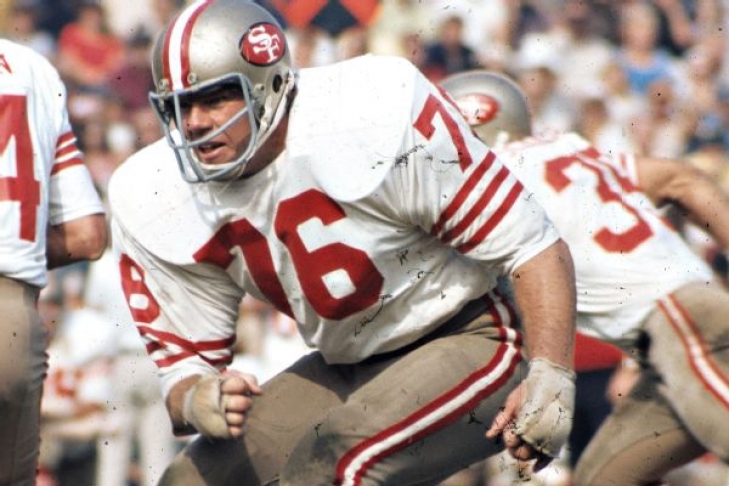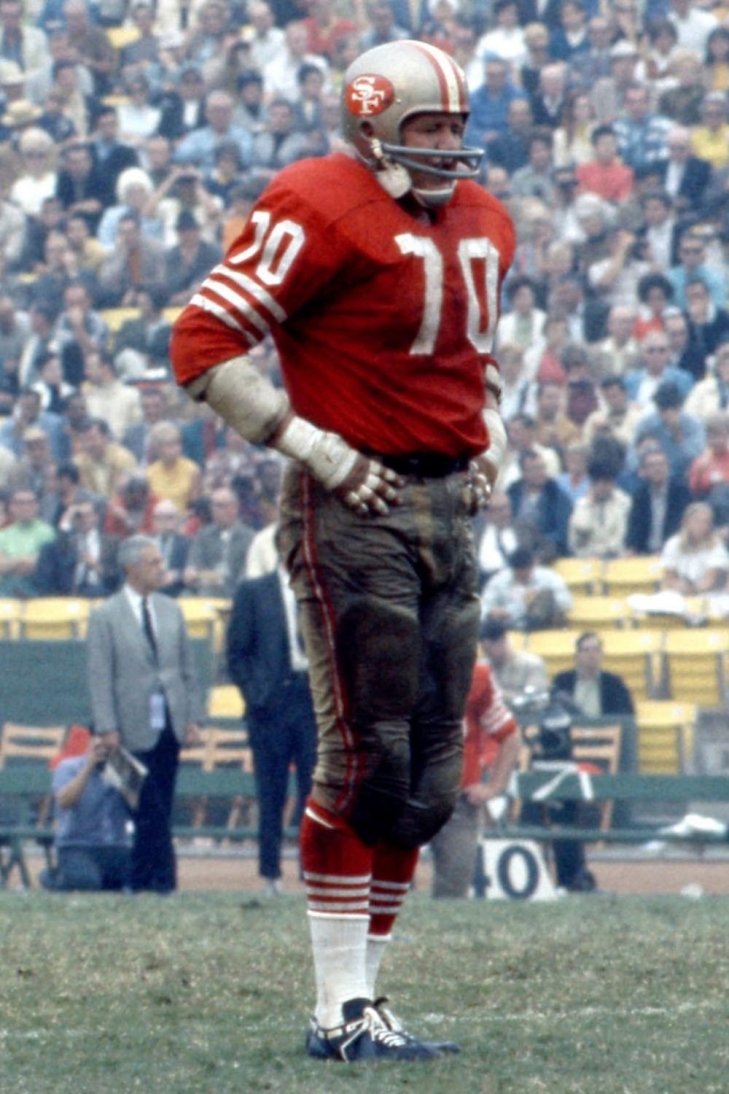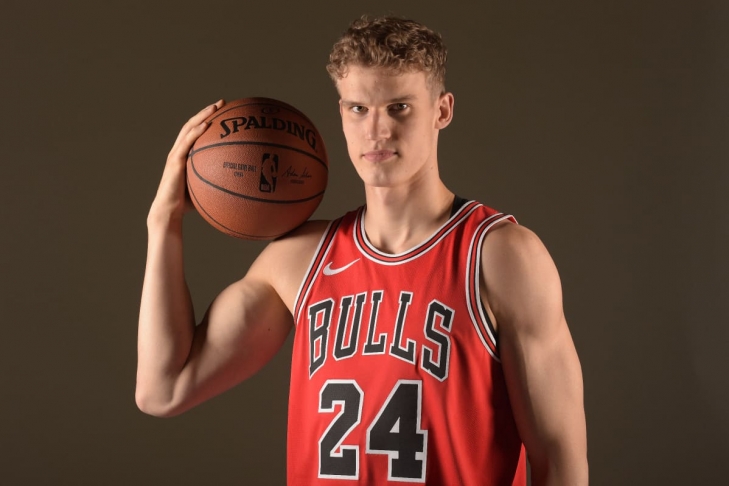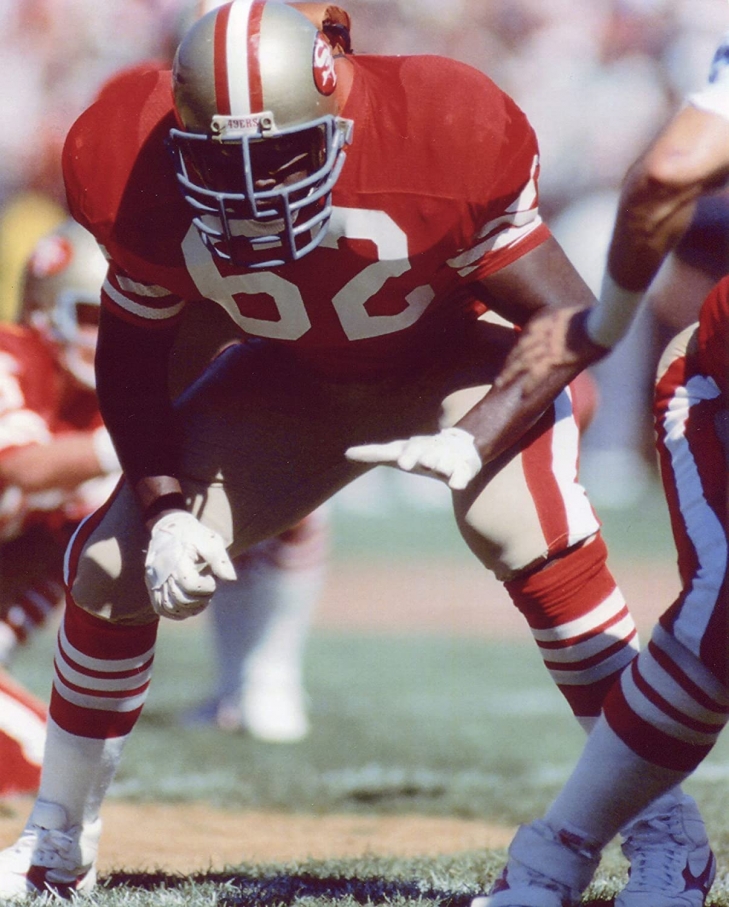
Committee Chairman
Kirk Buchner, "The Committee Chairman", is the owner and operator of the site. Kirk can be contacted at [email protected] .
37. Len Rohde
Dec 09, 2020
Published in
Top 50 San Francisco 49ers
From Utah State, Len Rohde played his entire career with the San Francisco 49ers, where he played from 1960 to 1974.
33. Charlie Krueger
Dec 09, 2020
Published in
Top 50 San Francisco 49ers
Charlie Krueger was a two-time All-American at Texas A&M, which translated to a First Round Draft Selection (Eighth Overall) by the San Francisco 49ers, which would be the only team he ever played professionally for.
48. Lauri Markkanen
Dec 09, 2020
Published in
Top 50 Chicago Bulls
Only with the Chicago Bulls for his first four seasons, the Finnish Power Forward was one of the few bright spots of an otherwise mediocre squad.
32. Guy McIntyre
Dec 09, 2020
Published in
Top 50 San Francisco 49ers
Guy McIntyre was a Third Round Pick in 1984 from the University of Georgia, but he was not used as a starter in his first four seasons, but rather a Special Teams and role player.





